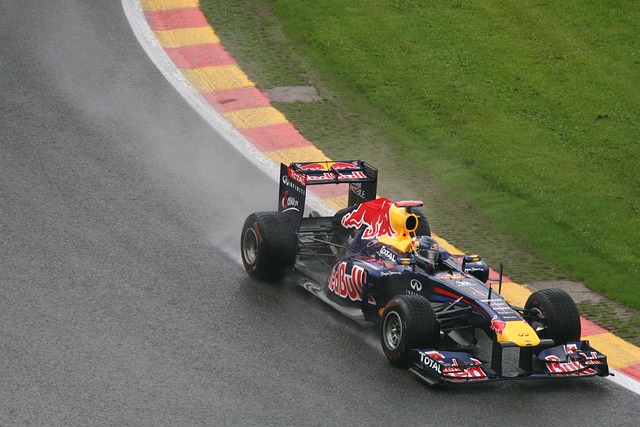Starting out in sports betting can be exciting, but it also comes with a steep learning curve. For many beginners, early enthusiasm often leads to avoidable mistakes that can drain a bankroll and sour the experience. Betting is as much about strategy and discipline as it is about predicting outcomes, and success depends on recognizing what not to do just as much as what to do.
Understanding the most frequent errors new bettors make is the first step to avoiding them. While losing bets are part of the game, consistently repeating the same mistakes turns betting into an expensive habit instead of a potentially rewarding hobby.
In this guide, we’ll walk through the top mistakes new sports bettors make, why they happen, and how you can stay one step ahead from the very start.
Betting Without a Bankroll Strategy
One of the most common and costly mistakes beginners make is betting without managing their money properly. New bettors often wager inconsistent amounts or risk too much on a single game. Without a clear bankroll plan, a few bad results can wipe out your funds quickly.
A good rule of thumb is to only bet 1-2% of your total bankroll per wager, especially when starting out. This approach protects you from variance and ensures that one or two losses won’t derail your progress entirely.
Think of your bankroll as your budget for the long term—not a quick route to cash. Discipline here separates casual gamblers from those who play smart.
Chasing Losses Emotionally

Losing is part of sports betting, but letting emotions dictate your next move is a fast way to dig a deeper hole. After a bad loss, many beginners feel the urge to win it back immediately by placing larger, riskier bets. This is called chasing losses, and it often leads to even more costly mistakes.
Staying rational and sticking to your strategy—even after a loss—is essential. Emotional betting clouds your judgment and pushes you into poor decision-making. Recognize when you’re betting out of frustration or impulse, and take a break if necessary.
Winners are consistent and controlled—not desperate or reactive.
Ignoring the Odds and Value
Betting on your favorite team or what “feels right” is another common trap. Many beginners overlook the importance of odds and value when making wagers. Just because a team is likely to win doesn’t mean the bet is worth making.
Smart bettors look for value—when the implied probability from the odds is lower than your estimate of the actual chance of an outcome. Understanding value helps you identify profitable bets over time rather than relying on gut instinct.
Always compare odds across bookmakers, analyze the matchup thoroughly, and only place bets where the numbers make sense—not just the fan in you.
Overloading on Parlays and Accumulators
Parlays (or accumulators) are tempting because of their high payouts. Beginners are often drawn to combining multiple bets into one ticket in hopes of a big win. While the potential reward is large, the reality is that each additional leg reduces your chance of success significantly.
Even experienced bettors rarely win large parlays consistently. Beginners should focus on single bets where outcomes are easier to predict and analyze. Once you’ve built experience and understanding, parlays can be approached more strategically—but never rely on them as your main betting method.
Stick to simplicity and consistency when you’re just starting out.
Failing to Do Proper Research

Blind betting without research is another mistake that trips up newcomers. Placing a bet based on headlines, hype, or other people’s opinions without looking into team stats, injuries, recent form, and historical performance is like betting in the dark.
Smart betting requires effort. Take time to:
- Check team lineups and injury reports
- Understand home/away dynamics
- Review recent form and matchups
- Know the weather or playing conditions, if relevant
The more informed you are, the better your chances of spotting value and avoiding bad decisions.
Betting on Too Many Games
Another frequent beginner mistake is spreading bets across too many games. New bettors often feel the need to bet on every big event, every day, hoping for more chances to win. But this only increases exposure to variance and risk.
Focusing on just a few carefully chosen games gives you the chance to research thoroughly, manage your money better, and make sharper decisions. Quality always beats quantity in sports betting.
Be selective and deliberate, not impulsive.
Learning how to bet on sports is a journey that takes patience, control, and a willingness to learn. By avoiding these common mistakes—poor bankroll management, chasing losses, ignoring odds, overusing parlays, skipping research, and betting too frequently—you can improve your chances of long-term success.
Everyone makes errors at first, but what sets better bettors apart is how quickly they adapt. Start small, stay informed, and focus on developing sound habits early. With the right approach, you can enjoy betting not just as a thrill, but as a strategic, rewarding experience.
